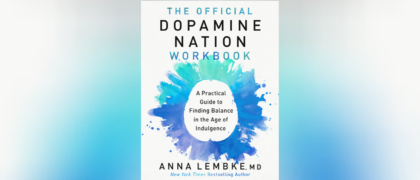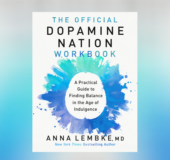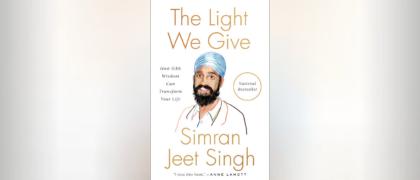By: Khaled Hosseini
Inside a drawer in my office desk sits a stash of manilla envelopes. Inside each are some of the letters I have collected over a span of nearly twenty years from high school students across the U.S. In these writings, the students share with me, often quite poignantly, what impact reading The Kite Runner has had on their lives. For some, the book is a clarion call to stand up to bullies, to defy intolerance. Others hear familiar echoes in Amir’s strained bond with his father, in his struggles to measure up. Yet others—perhaps inspired by the book’s de facto tagline, “there is a way to be good again”—speak of the desire to volunteer, learn more, be more tolerant of others, mend broken ties, muster the courage to do the right and just thing, no matter how difficult.
For many students, those who write me as well as the many I have met at high schools across the country, The Kite Runner is their first window into Afghan culture. Most openly admit to once knowing little about the country outside its media depiction as a violent, unhappy land perpetually wracked by war and misery. But because they find in the story of Amir and Hassan resonant parallels to their own lives—around friendship, family, love, courage, cowardice—Afghanistan becomes a real place. They gain a more nuanced and compassionate perspective on the country and its people, and they express gratitude for it.
Perhaps the most recurring word I hear from students is “empathy.” It isn’t surprising. Studies have shown that reading fiction improves the ability to intuit and understand the feelings of other human beings. Books remain our most powerful teachers of empathy. They remind us of our immutable connections as a species sharing this planet. They open the world to us. They help us feel less alone and find solace in one another. Their gift is immeasurable. Stripping students of this gift is a tragic mistake.
Hearing from high school students in their own words, in person and in letter, has convinced me that they are more than sophisticated and mature enough to digest and contextualize the themes raised by The Kite Runner. They are appropriately and constructively challenged by the book. And they are more than up to the task, learning valuable lessons about injustice, discrimination, tyranny, and the perils of religious extremism.
I am a parent myself. I understand the parental impulse to safeguard our children from harm. But banning books like The Kite Runner doesn’t “protect” students at all. It betrays them instead. It robs them of the chance that we as parents and instructors owe them, the chance to broaden their human community, to let them walk the world in another’s shoes for a while, to foster empathy for others, to be challenged by the experience and perhaps take a small step toward becoming fuller, richer versions of themselves.
Khaled Hosseini was born in Kabul, Afghanistan, and moved to the United States in 1980. He is the author of the New York Times bestsellers The Kite Runner, A Thousand Splendid Suns, and And the Mountains Echoed. Hosseini is also a U.S. Goodwill Envoy to the UNHCR, the UN Refugee Agency, and the founder of The Khaled Hosseini Foundation, a nonprofit that provides humanitarian assistance to the people of Afghanistan.
View the educator guide for The Kite Runner here
View a statement from Riverhead President and Publisher Geoff Kloske here





